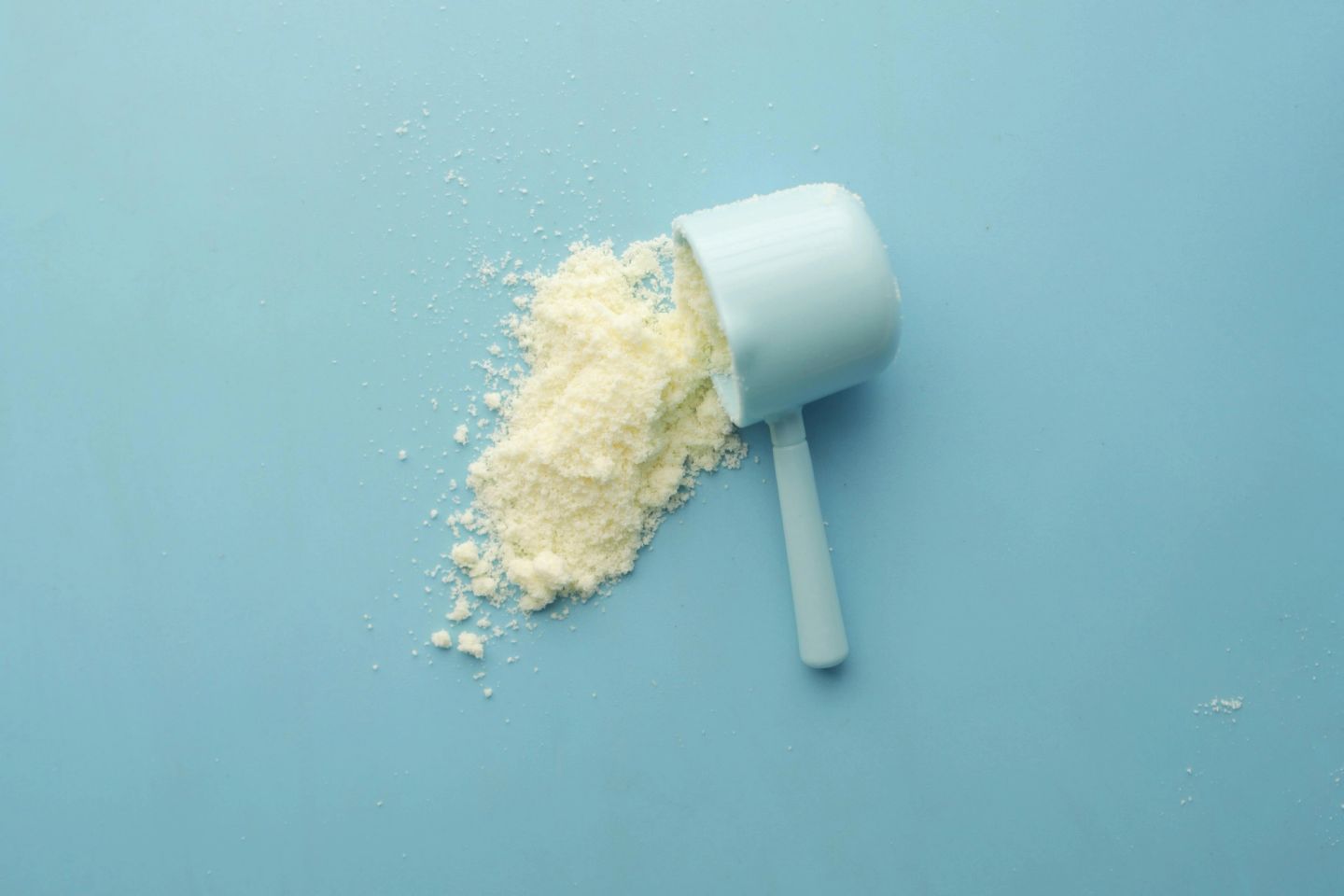WEWORK LABS
How Startups Are Solving India’s Protein Deficiency Problem

India faces a massive protein gap. Discover how startups like OZiva, MyFitness, and The Whole Truth are making protein more accessible, trusted, and essential.
Introduction
India definitely has a protein problem, and that’s an indisputable reality. The protein deficiency in India is widespread and cannot be understated. On average, most Indians fall short of the recommended daily protein intake of 48 grams—an essential threshold set by the Indian Council for Medical Research (ICMR). More concerning is the fact that many Indians remain unaware of what constitutes a good-quality protein source, or how to incorporate it effectively into their diets.
Despite being home to rich vegetarian traditions and diverse regional cuisines, India’s food systems have long prioritized carbohydrates over protein. Pulses, dairy, and legumes—although available—are often underutilized or consumed in insufficient quantities. This widespread protein deficiency in India has triggered growing concern among nutritionists and public health advocates.
As urban lifestyles evolve and wellness takes center stage, bridging India’s protein problem has become more urgent than ever. Enter the new wave of protein startups in India, striving to close the gap between awareness and access with innovation-led solutions.
Also Read: Types of entrepreneurs
The First Wave: Protein Powders Lead the Way
Before protein chips or ready-to-drink shakes became mainstream, India’s protein problem was first addressed by supplement brands, particularly through powders. Protein startups in India like MuscleBlaze emerged as early movers, focusing on fitness enthusiasts and athletes who already understood the importance of protein.
Their meteoric rise was driven by smart distribution strategies—selling through gyms, tapping into influencer communities, and building brand trust in a space historically marred by misinformation. “What MuscleBlaze did was address the critical problem of trust deficit within the protein space,” says Yash Dholakia, Partner at Sauce VC, which backs several emerging consumer brands.
The brand's growth underscored a core insight: India’s protein deficiency wasn’t due to lack of demand—it was due to lack of awareness and accessibility.
The Second Wave: From Niche to Mainstream
Today, a new generation of protein startups in India is reimagining what protein consumption can look like. Startups like OZiva, Plix, Tata GoFit, and MyFitness are offering clean-label, science-backed products that appeal to a broader demographic—not just gym-goers.
- OZiva taps into the clean nutrition trend with plant-based protein drinks targeting millennials and Gen Z.
- MyFitness has popularized peanut butter like never before, turning it from an occasional food item into a daily health staple.
These startups are smartly leveraging digital-first channels and education-led marketing strategies to bring India’s protein problem into everyday conversations. From protein cookies to breakfast mixes and even flavoured protein bars, brands are moving from supplement-style positioning to lifestyle appeal.
Solving for Misinformation: Education and Trust
One of the biggest barriers to tackling protein deficiency in India is mindset. Many still believe protein is only for bodybuilders or those with medical conditions. To counter this, protein startups in India are investing heavily in consumer education. And of course, there is a large market to solve for nonetheless—by some estimates, the market is valued at about $1.4 billion.
That's why awareness becomes critical to reach the masses. Startups like The Whole Truth, another Sauce VC-backed brand, focus on transparent labelling and content-driven engagement to build trust. Blogs, influencer partnerships, webinars, and short videos are being deployed to debunk myths and help Indians of all age groups understand the value of protein.
As Dholakia notes, “The trust deficit still exists, but the brands that prioritize education are beginning to change the narrative.”
Also read: India's live events boom
From Wellness to Necessity: What’s Next?
The shift is real. Protein is no longer a trend—it’s becoming a nutritional necessity. The startup ecosystem is responding by localizing flavours, customizing products for different age groups, and offering subscriptions to encourage daily intake.
That said, challenges persist. Protein deficiency in India continues to be a systemic issue. Affordability remains a hurdle, especially in semi-urban and rural areas. Regulatory clarity and product standardization are also needed to protect consumers and build long-term trust.
But the direction is promising. What started as a niche market for protein powders is now a vibrant sector redefining the future of Indian nutrition.
WeWork Labs Take
India’s protein problem is real—but so is the opportunity to solve it. At WeWork Labs, we believe the country’s protein future will be shaped by startups that combine innovation with empathy, education with access. Whether it's making peanut butter a pantry staple or creating functional snacks that double up as health boosters, protein startups in India are working hard to democratize wellness—one product at a time.
Image credit: Pexels
Related Blogs:

WEWORK LABS
With the Indian startup ecosystem gaining maturity, there are a number of things changing—startups are thinking more global in their ambitions, more companies are taking their companies to the market

WEWORK LABS
India may be home to unicorns and cutting-edge tech, but at its core, it's still a nation of farmers — with over 50% of the population dependent on agriculture.

